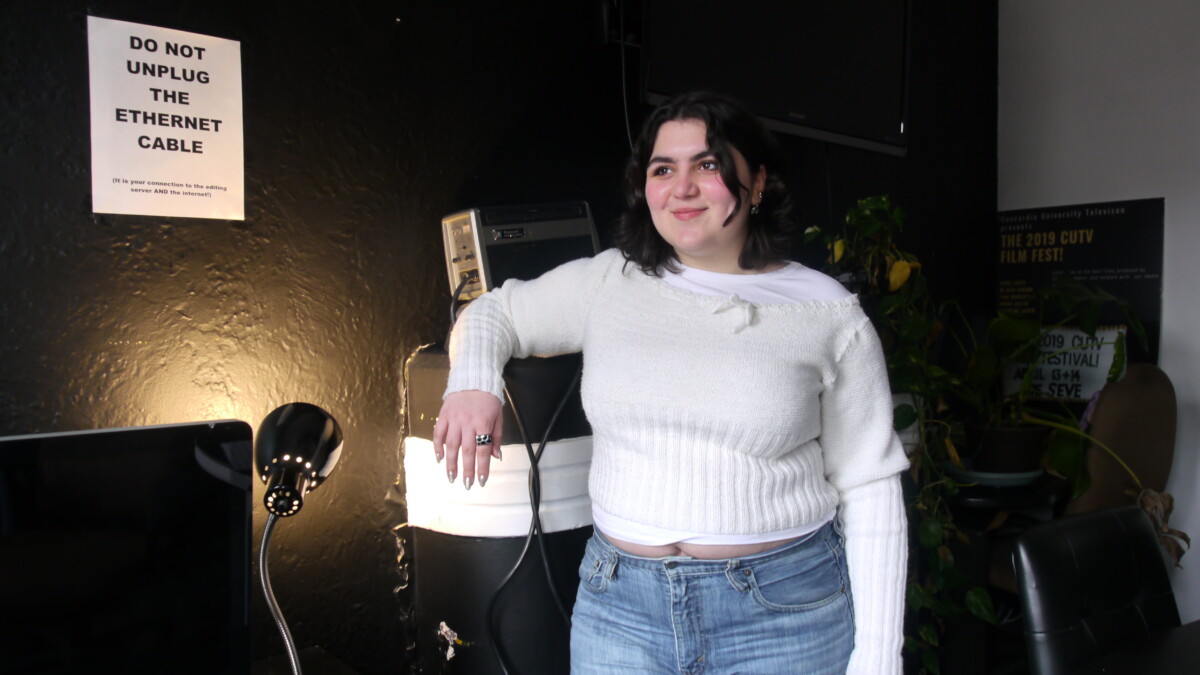Concordia students share their experiences with the Co-op program
When Emma Amar was accepted into Concordia University’s software engineering program in April 2020, she was invited to apply to the Co-op program during an orientation session. She hoped to get experience in the field before graduating, alongside an accreditation to her diploma.
But in January 2022, she called it quits.
“I decided to leave Co-op because I couldn’t stay and take a leave of absence,” she said. In 2020, the Co-op institute required software engineering students to take five classes for their fall, winter and summer semesters. Currently, their sequence requires fewer courses over an academic year.
“If you step out of sequence, then your Co-op gets messed up. So it’s very rigorous every semester. So most of my peers take five [classes] every semester.”
In order to complete the Co-op program, students must dedicate two semesters to learn about the Co-op program and to secure an internship via their institute. Then, they must successfully complete three internships, spread over three semesters.
“I was very excited to work because I’m not a person that enjoys [studying],” she said. “I have anxiety and have a lot of things that make it very difficult for me to be a student and a participant in a class setting.”
Amar’s internship workload felt like she was taking an extra class. “I have to attend all these workshops. I have to be a member of the Co-op institute, but I’m busy juggling five classes,” she said.
Juggling between being a full-time student one semester and working full-time the next, all while dealing with mental health issues made Amar realize she needed a break.
Despite the added stress she encountered with the process, she says she improved her technical skills through the experience. “Two years past that internship, I’m still using all the skills that I got from my job in my classes, in my group projects,” she said. “I’m able to sit down and actually be able to interact with my peers and actually be able to contribute.”
Alex*, who wished to remain anonymous, is another student whose Co-op experience was similar to Amar’s. They decided to apply for Co-op in March 2021; as a journalism student, they were eager to find internship opportunities in their field, but quickly realized that the program only offered opportunities to work in public relations and communications.
“Sometimes I would have to go to a press conference. Well, I guess you do that in journalism, but this was not me asking questions. This was me networking for the company,” they said.
Alex thought their internship would teach them journalism skills, like following tight schedules, writing and publishing content. Yet they felt like their days were coordinated by random tasks their manager gave them.
Alex expressed feeling burnt out after that summer, having worked 50 hours every week, including their summer job.
“The university could do so much more to set us up for success with internships, and yet they don’t,” they said. “I sincerely hope that Concordia, the journalism department and the Co-op department figure out a way to have paid journalism jobs. Right now, it’s all communications, marketing or PR. And to me, that’s completely useless and irrelevant to my field of study,” Alex added.
“I still feel like I’ve never really recovered from that. It made me realize I want to do journalism,” they said. “The thing about Co-op is that you can’t quit halfway through because it looks like you failed on your transcript,” Alex said. “[I] was realizing that the Co-op program in journalism is kind of a scam.”
After completing their first internship in summer 2022, Alex told their program coordinator they were no longer interested in being part of the Co-op program.
Amar and Alex will not graduate as Co-op students, but as C.Edge students.
C.Edge is another internship institute at Concordia for students who are transitioning to the workfield. Only one internship is required to complete the C.Edge program.
“It’s not going to show that I’m a Co-op student, but because I did successfully complete one internship, I’m a C.Edge student,” Amar said. “I have no idea what that entails.”
*a fictive name
